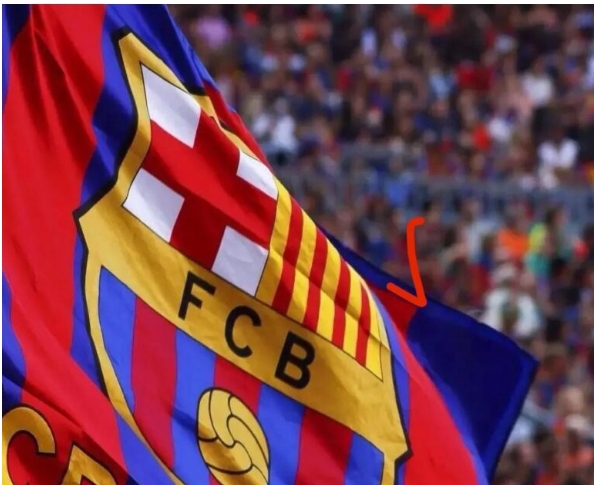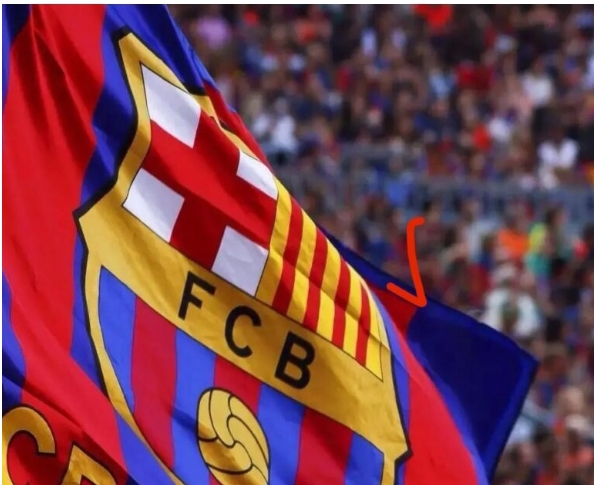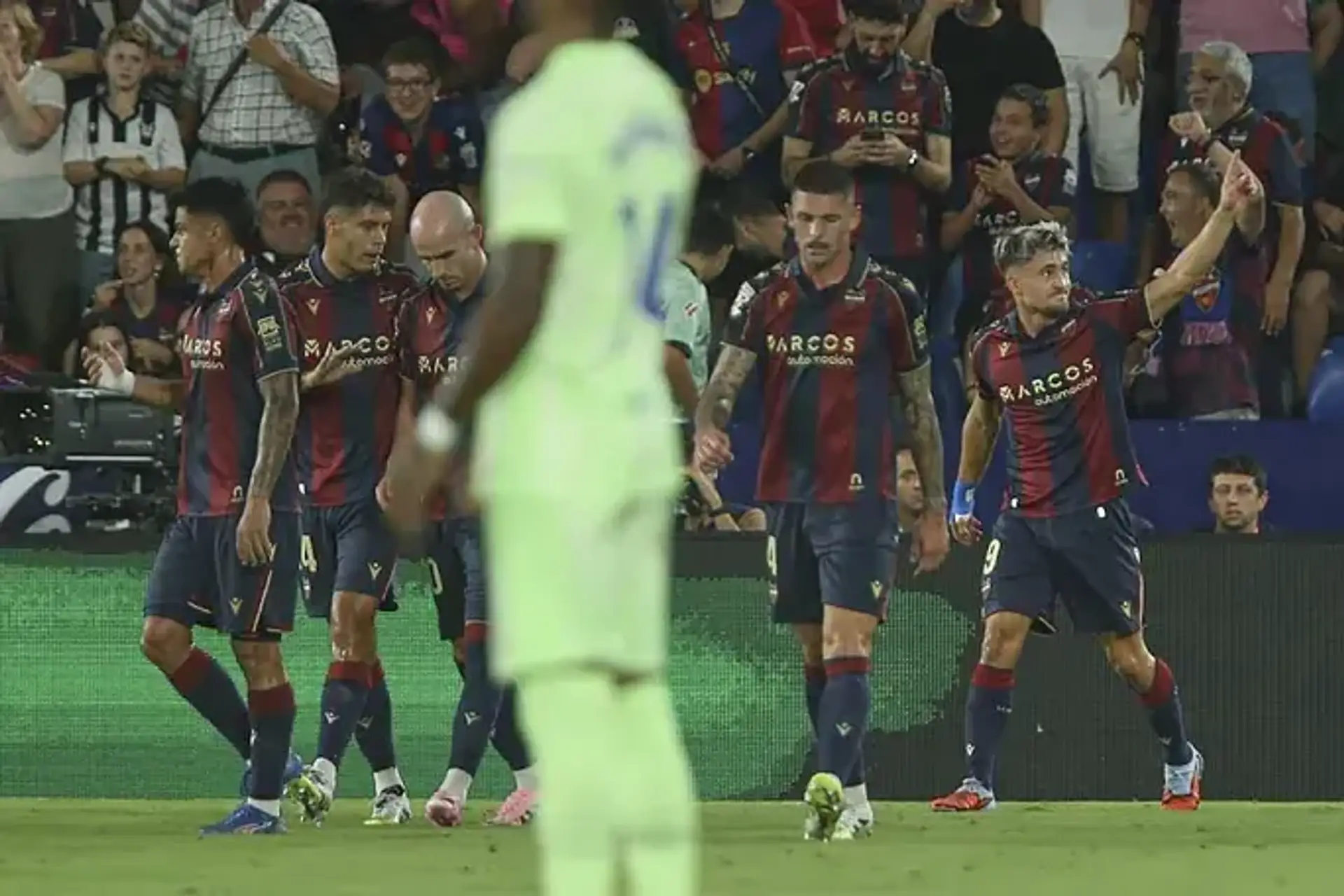Hansi Flick reflected on the performance with a clear sense of disappointment, acknowledging that his team had the opportunity to put the match to bed by scoring a second goal. According to him, that moment was crucial and could have made the difference in the outcome, but the chance slipped away. He stressed how vital it was to capitalize on such opportunities, especially in high-level football where small margins often decide the result.
He went on to point out that his side did not play with their usual level of intensity. Flick admitted that the energy and pressing that typically characterize their style of play were simply not there. Instead, the team struggled to maintain control of the ball, failing to dominate possession in the way they usually do. This lack of rhythm left them vulnerable and unable to fully dictate the game.
Another concern he highlighted was the frequency of mistakes made throughout the match. Flick explained that against strong, well-organized opponents, there is little room for error. Each misplaced pass, poor decision, or lapse in concentration allowed the opposition to grow in confidence and create problems. For him, these errors were a major reason why the team couldn’t impose themselves effectively.
In conclusion, Flick emphasized that the team needed to adapt better when facing quality opposition. He admitted they should have approached the game with greater sharpness, precision, and discipline. While he didn’t shy away from criticizing the performance, his comments also carried a constructive tone, underlining that improvement is both necessary and possible moving forward.







